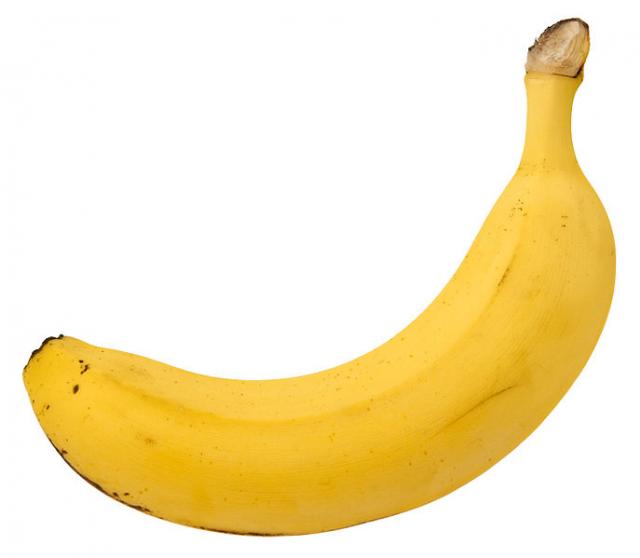Our bodies have evolved over time to pretty much digest anything we put in it, right? This is true for the most part, but because we’ve become a more sedentary species (read: couch potatoes) and we’ve taken those potatoes and started deep-frying and covering them in chocolate, our bodies aren’t able to keep up with our ridiculous demands. So, to help navigate through some food-making decisions, here are the best and the worst for our tenacious tummies. Here is a short list of everyday foods that can affect your digestion for the positive or negative.
GOOD Foods for Digestion
- Bananas. They help with dehydration for diarrhea and restore electrolytes and potassium. They also provide a handful of fiber. Apples are great, but bananas rule. Bananas are also one of the fruits that are safely recommended as something you don't have to always buy organic, due to the thick peel that you don't eat.
- Coconut Oil. Coconut oil is easier to digest than other fats. Listen to Bruce Fife explain why in this short video.
- Kimchi. This Korean delicacy is primarily made with fermented cabbage, but also contains radish, onions and spices. Cabbage helps promote the growth of healthy bacteria and is not digested by the body, so it acts as a great catalyst for eliminating waste. Kimchi may not qualify as an "everyday" food, but if you are looking to improve your digestive health, you may want to work it into your routine.
- Lean meats. Chicken, turkey and fish are all much easier for the body to digest than their red meat counterparts. In addition, lean meats and fish have not been linked to an increased risk in colon disease like red meat has.
- Whole grains. Whole wheat breads and pasta, oats and brown rice have higher fiber content than other types of processed grains. Fiber can help lower cholesterol and help you feel fuller, longer.
(Potentially) BAD Foods for Digestion
- Berries. We’ve claimed up and down that berries are good for your health, and they are, but certain berries with tiny seeds can be difficult for some people to digest. Because we’ve switched to a diet heavy in wheat, many Americans suffer from diverticulitis, which is a condition where pockets develop in the intestines and can become inflamed or infected. Tiny berry seeds can become trapped in those pockets and increase the chance of infection.
- Chili peppers. Although they may taste amazing and add kick to foods, chili peppers can be hard on digestive systems, especially for those suffering from irritable bowel syndrome or heartburn.
- Dairy. Although it’s a great way to get calcium, dairy products can be a nightmare for those with lactose intolerance, causing bloating, gas and diarrhea. Other digestive diseases like Crohn’s and Celiac can lead to lactose intolerance.
- Chocolate. It may not be the actual cacao from the chocolate, but researchers suggest that the milk and caffeine in chocolate can actually cause bloating, cramps and diarrhea for those with sensitive digestive systems.
- High-fat and fried foods. Both of these digestive culprits can lead to acid reflux and heartburn as well as a condition known as steatorrhea, which is an abnormal stool containing undigested excess fat.
Source: health.yahoo.com
Are there any foods that give you digestive distress? If so, let us know in the comments.




